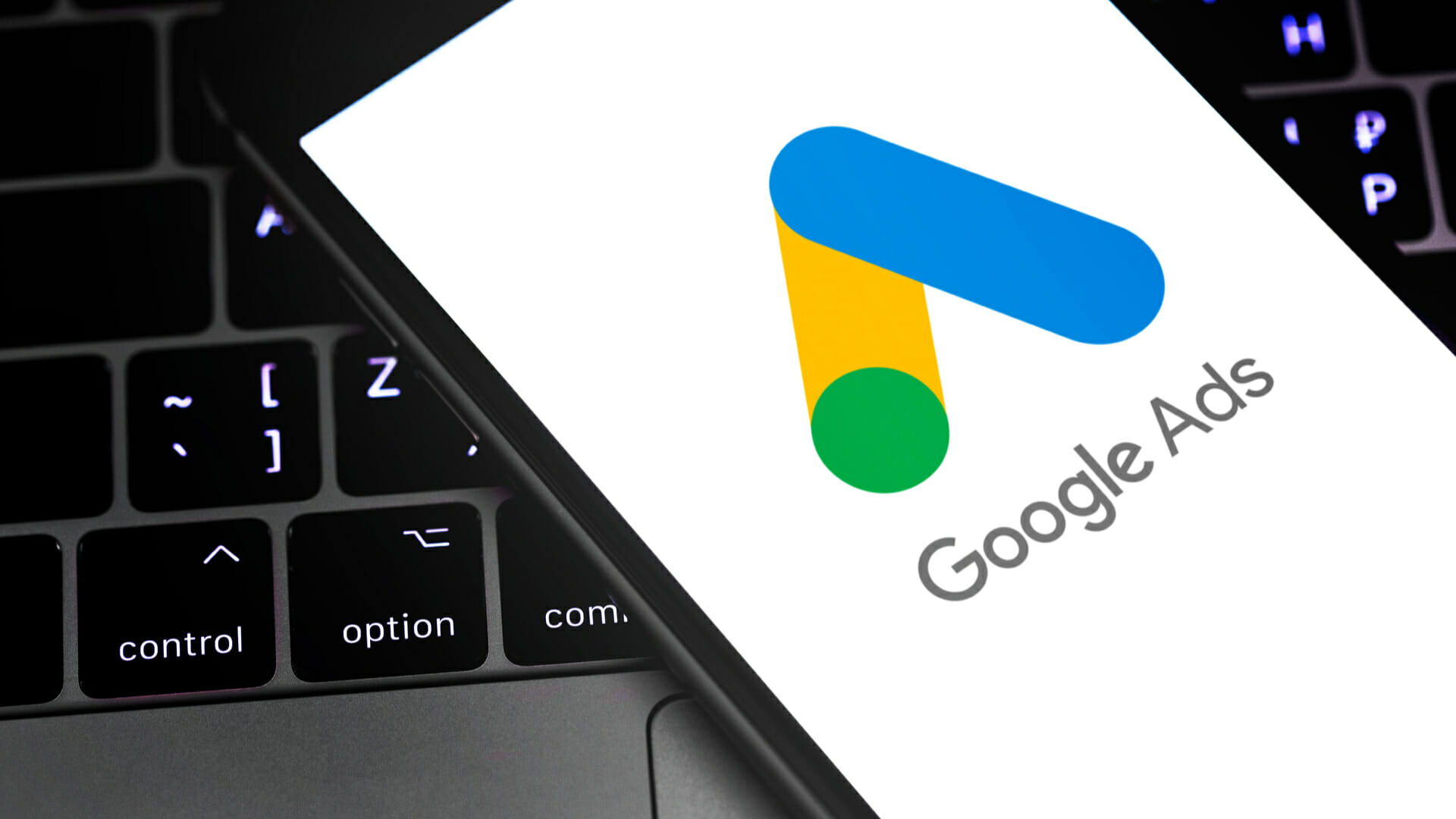Complete Guide of Google Ads Bid Strategies Explained

Advertising campaigns are the best digital strategy to increase traffic to your site. However, before launching into the campaign, it is very important to determine which of the Google Ads bidding strategies will work best for your campaign.
If you are new to this digital marketing platform, I am sure you will find yourself confused about maximizing and minimizing conversion value. Not only that, even if you want to know how to evaluate performance based on the bid strategy you are using, you are in the right place, as in this post you will find answers to all your questions about Google Ads bid strategies, already This is a comprehensive guide to Google Ads bidding strategies.
Types of Google ad bids
- Manual CPC
This type of offer gives you the maximum cost per click for a keyword or ad campaign. To stay competitive, Google ad promo code will provide bid estimates for some keywords and impression share statistics so that the user can manually update bids as necessary.
When to use manual CPC?
Manual bidding is best for you if you want to set it manually and have full control over your keywords. Not only that, manual CPC also gives the new campaign an opportunity to learn and collect conversion data before experimenting with automated bidding.
Also, if your account doesn’t have enough conversions to request smart offers, this is the best option for you.
Advantages of manual CPC
This is Google’s only ad promo code and bid strategy that allows you to keep full control over keyword bids and promote your business.
Cons of manual CPC
It is manual, so it is a bit slow and you will have to spend more time maintaining and optimizing the campaign.
- Improved CPC
Enhanced CPC is a bidding strategy that allows you to set your bids manually; however, Google can also adjust its bids up and down based on the likelihood of conversion.
When to use ECPC?
This is a great bidding strategy for those who don’t have enough budget or conversion data to make fully automated bidding work.
ECPC Advantages
ECPC allows you to use some automation while maintaining more manual control than fully automatic bidding. On the other hand, Google will continue to listen to other campaign settings, such as ad rotation and bid adjustments that are ignored in automated bid strategies.
Cons of ECPC
There is no limit to the amount of click you can make if machine learning thinks the click is likely to result in a conversion.
- Target CPA
It is again another automated strategy, which is also known as a CPA. This type of bid will automatically set your bids during the auction to get conversions at the cost per share set by the advertiser. It can also be used as a portfolio bidding strategy in various ad campaigns.
When to use the target CPA?
When you know exactly what your conversion goal is, Target CPA is in your best interest if you want to test the CPA reduction of the referral bid strategy for a given campaign.
Advantages of the target CPA
CPA is the main benchmark that entrepreneurs look at when evaluating the PPC campaign. This offer tells Google to focus solely on this very important metric.
Cons of the target CPA
It is a bidding strategy and not something magical. When setting your target CPA, don’t just accept the result you’ve set. It can also be above or below your set goal. If your target CPA is too low, your ads may not show at all.
- Target ROAS
With Target ROAS bids, Google will automatically adjust bids to achieve the auction and achieve a return on the ad spend targets set by the advertiser.
When to use target ROAS
This strategy applies to a general business objective. The target ROAS helps to generate a large amount of traffic to the online sites, which greatly increases the sales on the website.
Advantages of target ROAS
If you have a large and diversified product inventory, this great tool will improve sales.
Cons of target ROAS
As with all automated bidding strategies, there is an inherent lack of control here. The target ROAS will ignore the bid adjustments you set.
Choose the bidding strategy based on your goals navigate here
The Google Ads platform offers various bidding strategies to Choose the bidding strategy based on your goals
The Google Ads platform offers various bidding strategies tailored to the different needs of the campaign. Whether you want to focus on clicks, impressions, views, conversions, or the network your ad campaign is targeting, you can find the strategy that best meets your needs.
Consider your goals
Each of the above-mentioned bidding strategies is suitable for different types of ad campaigns or advertising objectives. Consider the following points to choose a bidding strategy that suits your goals:
- If your goal is to get customers to take action on your website, you need to focus on conversions. For this, the smart bid strategy is the way to go.
- If you want to increase brand awareness, you need to focus on impressions. In that case, vCPM (cost per thousand viewable impressions) is the best option.
- If your goal is to generate more traffic, the ideal is to focus on clicks. For this, the CPC bid is the right option to choose.
Conclusion:
When launching a new ad campaign, choosing the right bidding strategy is critical. With so many options to choose from, it can be difficult to choose the right one. It all comes down to your campaign goals. Once you evaluate your goals, you will be in a better position to choose the right strategy for your campaign.
Now that you’re at the end of the post, congratulations! Consider yourself a Google Ads bidding expert. Now you know everything, when you use them and when you don’t. Now you feel confident in your bidding capabilities, the next time you start running an ad campaign.






